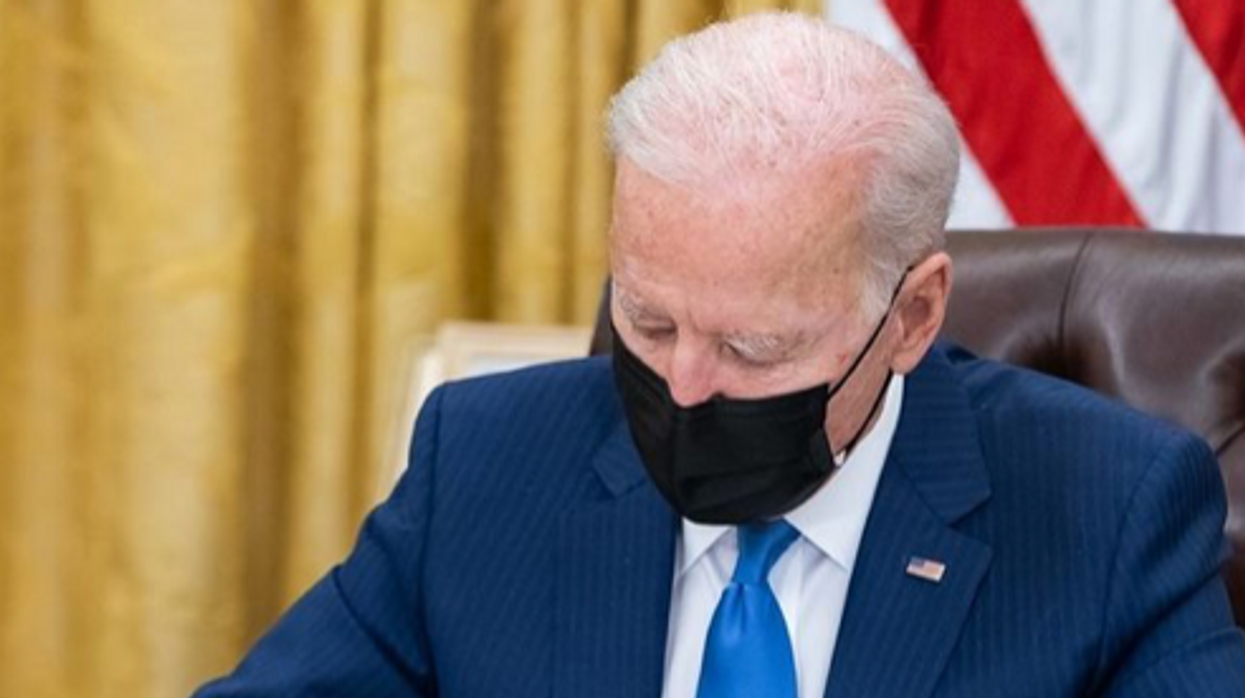Kentucky Gov. Matt Bevin, acting out of an abundance of compassion, is doing a favor to people on Medicaid: forcing them to work or lose their coverage. “Human beings want to be treated with dignity and respect,” he says. “And we’re going to give them that opportunity.” Now all he has to do is stand back and accept their gratitude.
He shouldn’t hold his breath. In becoming the first state to impose a work requirement for Medicaid, which needed the approval of the Trump administration, Kentucky is not likely to move many people into the dignity of paid employment. It’s more likely to move them into the indignity of doing without medical care until illness or injury forces a visit to the emergency room.
Bevin is a multimillionaire who takes a dim view of the government’s acting to ensure health insurance for everyone. “I grew up in poverty,” he says. “I grew up with no access to health care ever. I had no health care of any kind until I was an active-duty Army officer in my 20s.”
His claim of poverty is hard to square with the fact that his father worked in a wood mill and his mother in a hospital. Bevin graduated from Washington and Lee University, which had (and has) a student health clinic. When I repeatedly emailed his press aides for evidence to support his testimonial, however, I got no response.
The expansion of Medicaid under the Affordable Care Act by Bevin’s Democratic predecessor cut the number of uninsured to 5.1 percent of the population from 14.3 percent — the biggest improvement of any state. This meant that a lot of low-income people could get needed care without fear of financial hardship or ruin.
Seeing this, Bevin grouses that the program has grown to cover “those that Medicaid was not originally designed for.” True. The original program left out a lot of people who couldn’t afford private insurance. The ACA provided money to encourage states to cover more people, and it worked.
What good did it do? A study in The New England Journal of Medicine found, “State Medicaid expansions to cover low-income adults were significantly associated with reduced mortality as well as improved coverage, access to care, and self-reported health.”
They also helped providers. Hospitals, said Kentucky Gov. Steve Beshear in 2014, saw “uncompensated care drop significantly because they’re starting to get reimbursed through the expanded Medicaid program for previously uninsured people.”
It’s possible this new policy will motivate a few idlers to get off the couch. But the logic behind that theory is not powerful. People who are healthy and capable of working generally don’t often need medical care. So Medicaid makes a weak inducement for them to do without wage income.
Unrestricted cash assistance or food stamps might enable some able-bodied adults to spurn work. But it’s hard to see how health care coverage would.
Kicking people off is one way to save money on Medicaid. But under a 1986 law signed by President Ronald Reagan, hospitals are obligated to provide patients with emergency care regardless of their ability to pay. If Medicaid doesn’t cover these bills, hospitals and taxpayers will.
Most people on Medicaid don’t need to be told to work — because they already do. Of those who don’t, the great majority are elderly, pregnant, students, disabled, in poor health or occupied with caregiving. Many others are unable to find employers willing to hire them.
“Research shows that Medicaid expansion has not negatively affected labor market participation,” reports the Kaiser Family Foundation, “and some research indicates that Medicaid coverage supports work.” Sick people make poor job candidates. Those who get treated are better able to function in the workplace.
But imposing yet another requirement will make it a bigger hassle to qualify — purging some recipients for paperwork lapses and discouraging eligible people from applying. This is a predictable result for people who are not likely to excel at filing forms.
The Center for Children and Families at Georgetown University found that when Washington state began requiring income documentation twice a year instead of once, enrollment dropped, and when it reverted to once a year, enrollment climbed. The Kentucky work requirement may cut costs by getting rid of otherwise eligible people.
Some of them will go without medical care, damaging their health and even endangering their lives. They can thank Bevin for giving them that opportunity.
Steve Chapman blogs at http://www.chicagotribune.com/news/opinion/chapman. Follow him on Twitter @SteveChapman13 or at https://www.facebook.com/stevechapman13. To find out more about Steve Chapman and read features by other Creators Syndicate writers and cartoonists, visit the Creators Syndicate website at www.creators.com.
Matt Bevin speaks to a gathering at FreePAC Kentucky in Louisville, Kentucky, April 5, 2014. REUTERS/John Sommers II











